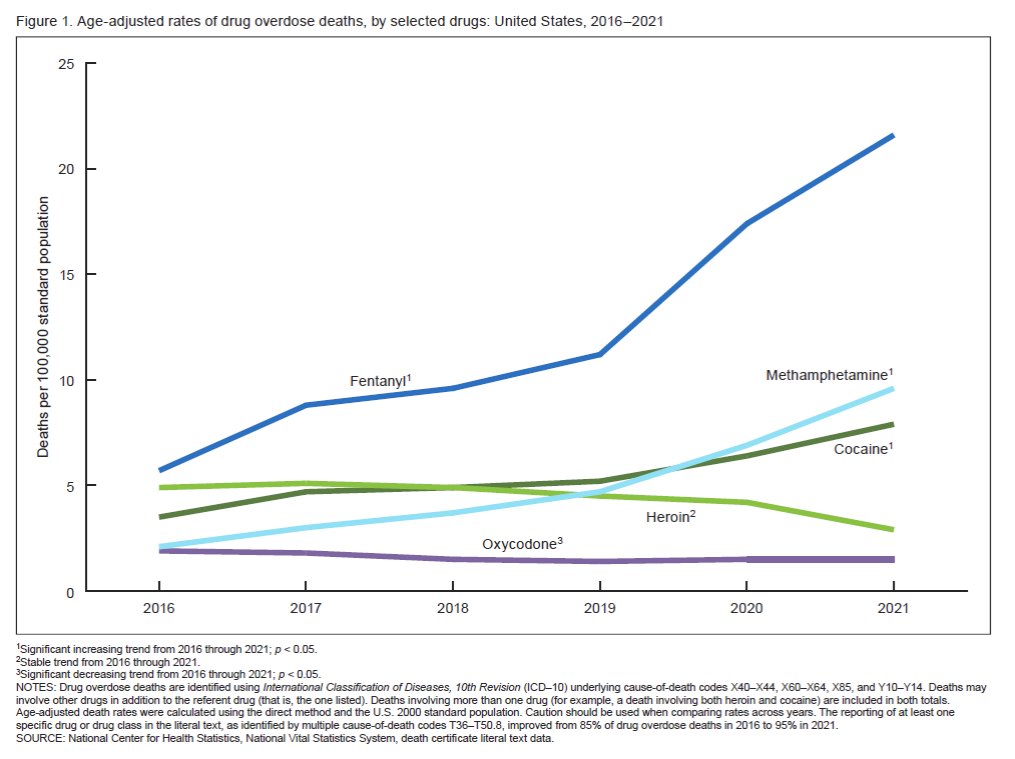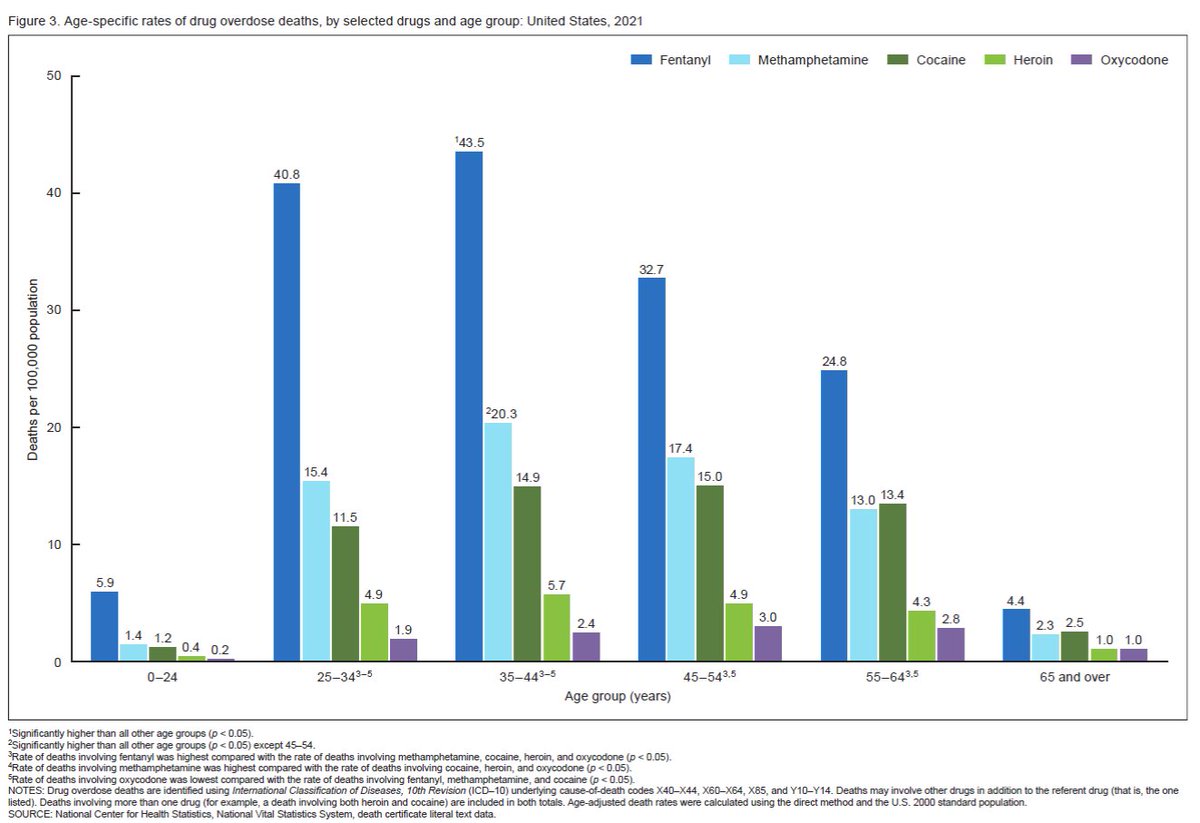A lot of really important and interesting myth-busting studies, articles, and papers have been released lately about people who sell drugs.
Here's a thread highlighting them and some key themes (1/?)
Here's a thread highlighting them and some key themes (1/?)
1) Just today, @Talkingdrugs ran a piece on a small study with 13 dark net drug sellers, which found many were motivated to keep customers safe and informed of drug risks, including harm reduction education talkingdrugs.org/consider-the-d…
2) A few days ago, @SessiBlanchard wrote a piece for @Filtermag_org based on leaked FBI documents showing they knew drug sellers were selling customers new syringes and fentanyl test strips, as well as testing their own meth supplies for fentanyl: filtermag.org/fbi-dealers-ha…
3) A recent qualitative study with drug sellers who used drug checking technology by @ADrugResearcher @geoffbardwell @RS_McNeil et al found that drug sellers were involved in "community care" since they were part of the communities they were selling to: sciencedirect.com/science/articl…
4) Our @DrugPolicyNerds November #DrugResearchersRT with @naz_mag, Karen McDonald, and Rhiannon Thomas detailed Toronto's Drug Checking services and many people who sell drugs test their supplies to confirm what they are selling. Recording here: drive.google.com/file/d/1oO7Lqm…
5) Last year, we at @DrugPolicyOrg released a report entitled, "Rethinking the 'Drug Dealer'" in which we challenged dominant narratives of people who sell drugs, why they sell drugs, and who ends up getting charged and sentenced for it. drugpolicy.org/drugsellers
6) We made a series of important companion videos to the report. The first is this little 2-minute animated video about our history of racialized drug sellers stereotypes which have helped us to justify punishment and criminalization:
7) The second 2-minute animated video in our drug sellers series is one that dispels the "Kingpin Myth" because the vast majority of people arrested and charged are ordinary people, making little money. Yet they bear the burden of criminalization.
8) The third 2-minute animated video in our drug sellers series just reiterates that we currently have a broken system where 90% of people in prison for sales are low-level; and the majority used drugs themselves. The user/seller dichotomy is false.
9) We also featured the story of real-life ordinary people who have been charged with drug sales. It helps to humanize them and make their experiences more real. Watch Aron's story here:
10) Here is Caswick's story about how having a record it hard to find any other kind of work to support himself and his family:
11) Hear about Corvain, who is currently serving a life sentence selling marijuana because he was charged with conspiracy despite his very small role
12) We feature @WeezieBeale who talks about how she sold just to maintain her own use and her income was just enough to maintain herself. She now runs @nc_usu where she helps PWUD and sellers get naloxone and fentanyl test strips to stay safe
13) Hear about Miguel a veteran who was deployed twice, developed PTSD, and used cocaine/alcohol to self-medicate. He was charged with manufacturing and delivery even though he just handed a bag to an undercover cop.
14) Kenneth tells his story about how heroin helped with his mental health and that he's now on methadone, but police harassment of patients and attempts at 'buy and busts' target patients as dealers:
15) In all, these stories and studies should tell us that people who sell drugs are PEOPLE. Many also use drugs and feel connected to their customers. Most don't make much money or have control over the quality of their supply, but want to sell good products. FIN
++ shout out to @veruka2 Jody Rich and Traci Green for this great piece from earlier this year on how a trusted dealer can be a safety measure for people who use drugs in the midst of the overdose crisis.
https://twitter.com/veruka2/status/1336460628970659845
• • •
Missing some Tweet in this thread? You can try to
force a refresh












